Sri Lankan president faces May Day calls to step down over economic crisis
Thousands of Sri Lankan opposition parties’ supporters have joined hands to express their opposition against the embattled President Gotabaya Rajapaksa, demanding his resignation over an the unabated economic crisis.
Sri Lanka’s main opposition party, the Samagi Jana Balawegaya (SJB), staged a mass May Day rally at Independence Square in the capital, Colombo, on Sunday to call for the ouster of Rajapaksa and his powerful ruling family.
Sri Lanka’s economy was stagnated by the pandemic and tax cuts by Rajapaksa’s government. The island country’s 22 million people are left struggling with dwindling foreign currency reserves, months of lengthy blackouts, soaring inflation, and acute shortages of food, fuel, and pharmaceuticals.
The dire conditions have led to floods of anti-Rajapaksa protests across the country, which turn violent on occasions.
Former legislator Hirunika Premachandra, who kicked off the wave of demonstrations by staging a sit-in outside the president’s private home in mid-March, urged all parties to unite and topple the government.
“For over a month, the president has been barricaded in his official residence,” Premachandra said. “It is time for us to pull him by his ear and kick him out.”
Many carried Sri Lankan flags and wore headbands reading “Gota Go Home,” one of the main rallying cries of the protests.
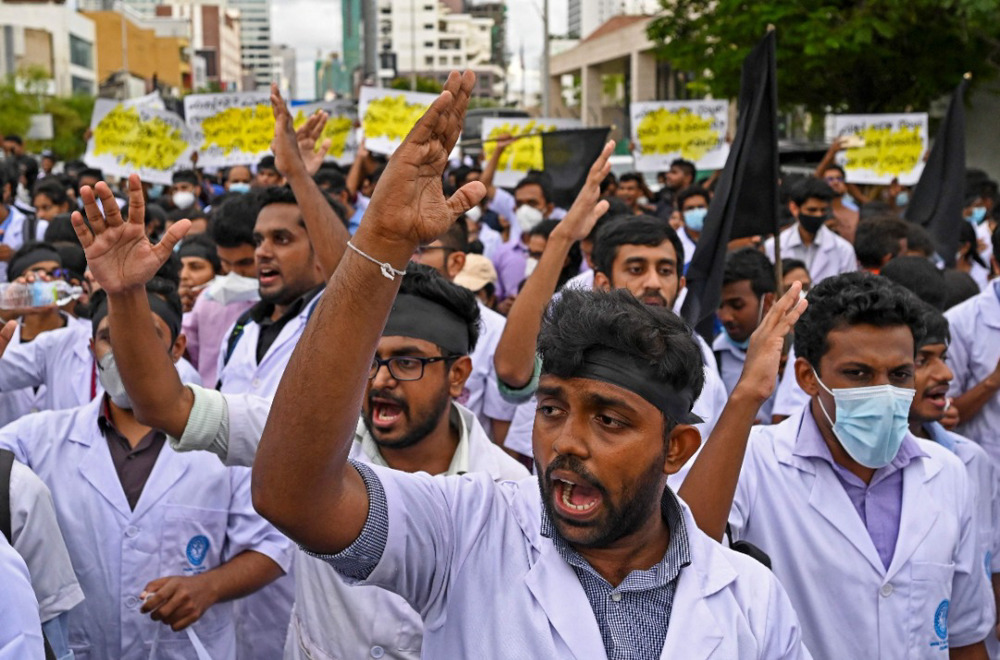
“So many people are suffering from the cost of fuel and food. There are queues for everything,” said Sunil Shantha, a 58-year-old university lecturer, who added that he voted for Rajapaksa in the last presidential elections in 2019.
Elsewhere in the capital, thousands of activists laid siege to Rajapaksa’s sea-front office for the 23rd straight day, calling for his resignation.
Several minor opposition parties also demonstrated in Colombo and provincial capitals.
Earlier this month, Rajapaksa was hit by mass resignations from his cabinet and now he faces the possibility of a no-confidence vote in his reformed government.
He and his elder brother, Prime Minister Mahinda Rajapaksa, have both refused to step down, with the Sri Lankan president having told dissidents within his coalition government that he was willing to consider forming a unity government – an offer the opposition rejects.
In a tweet on Sunday, Rajapaksa asked all political parties to “set aside political differences” to achieve “a consensus on behalf of people” in an attempt to “steer a pro-people struggle.”
“Instead of following up on who is responsible for the current problematic situation, what we need to do now is to focus on what action can be taken to provide immediate relief,” Rajapaksa said.
Iran puts ‘Jam‑e Jam 1’ into orbit in milestone for national broadcasting
‘Colonial eradication of Palestine’: Iran condemns Israel’s West Bank annexation push
Thousands block Melbourne as Israeli president ends contentious Australia visit
Nearly 800 Lufthansa flights cancelled as pilots, cabin crew strike
Pezeshkian: US, Israel exploit Iran’s challenges without genuine concern
VIDEO | Press TV's news headlines
VIDEO | Chaos by design
Leader hails Iranians for disappointing enemies with multimillion rallies


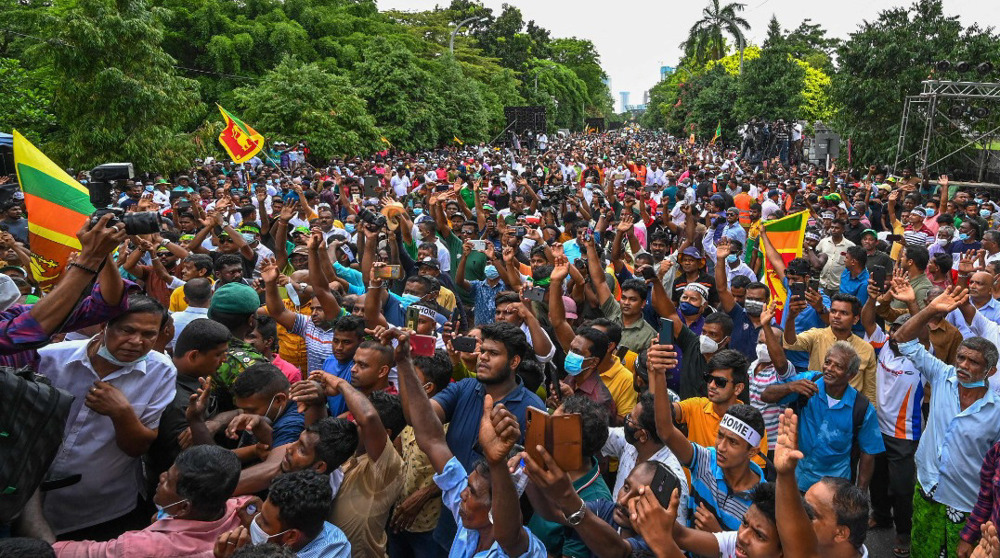
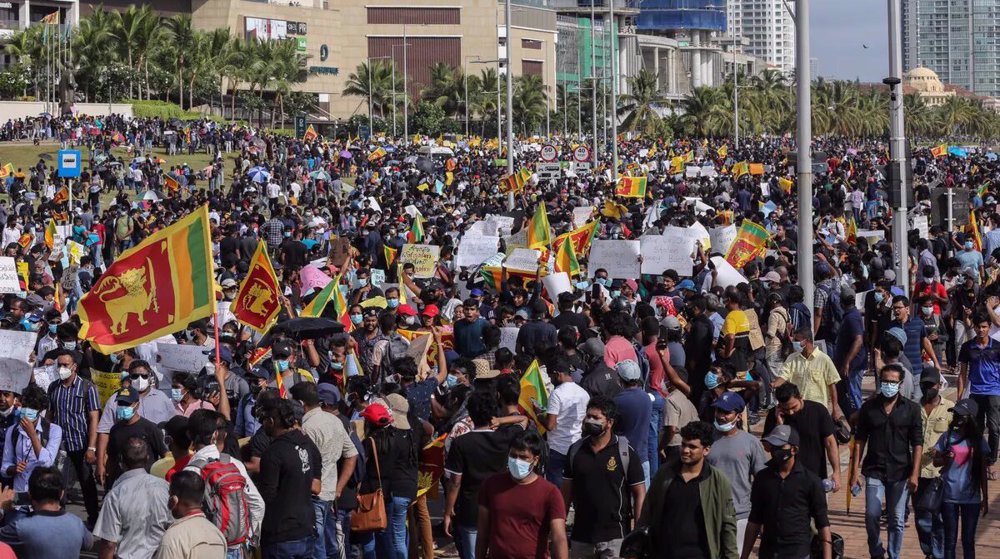
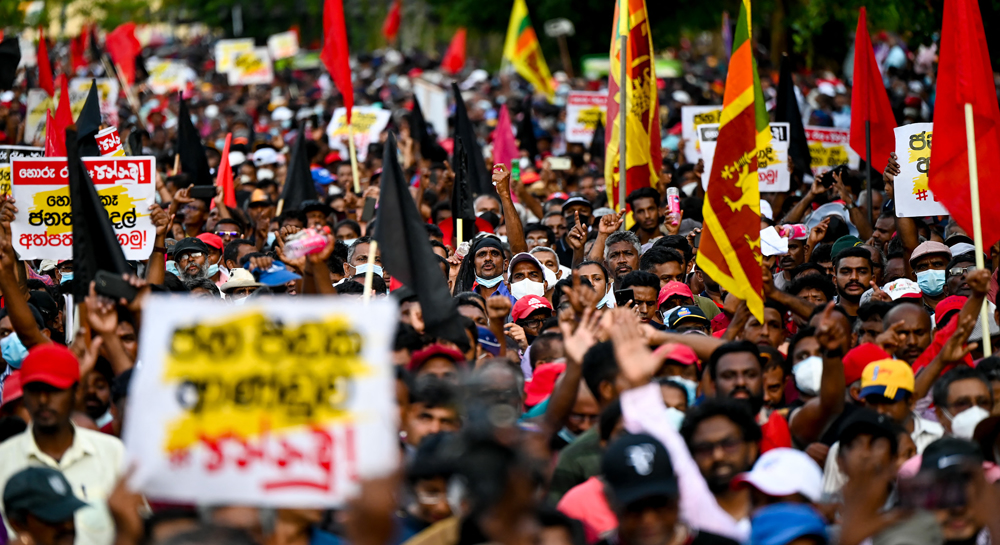
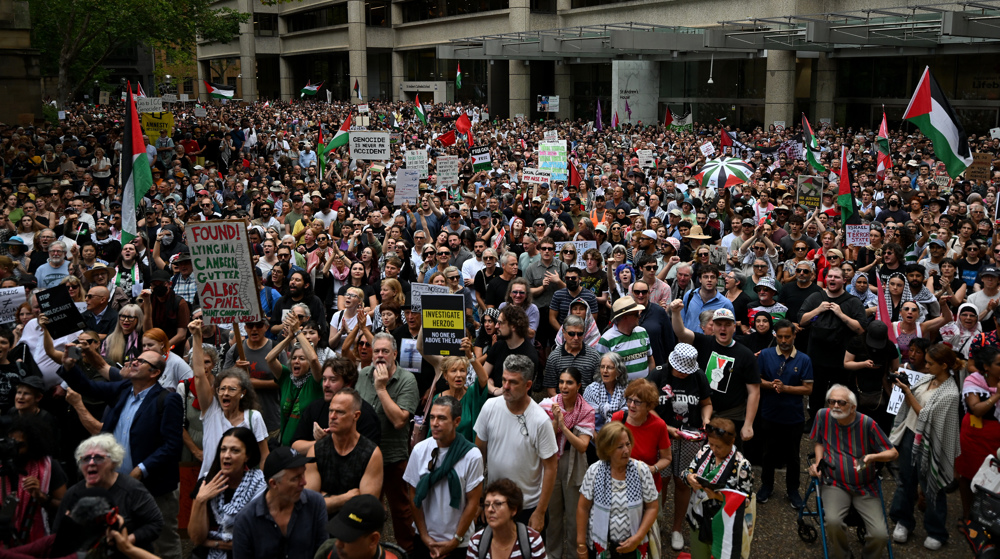
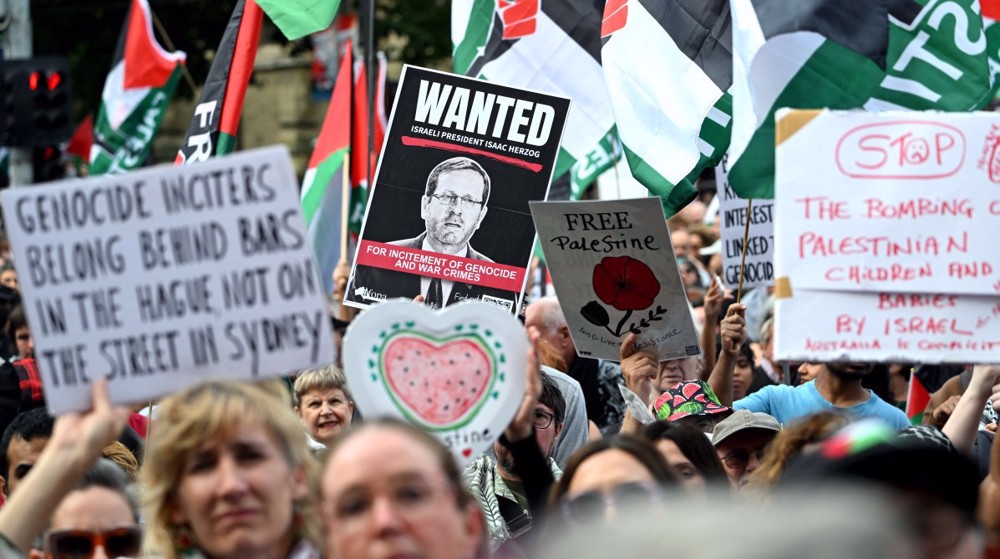
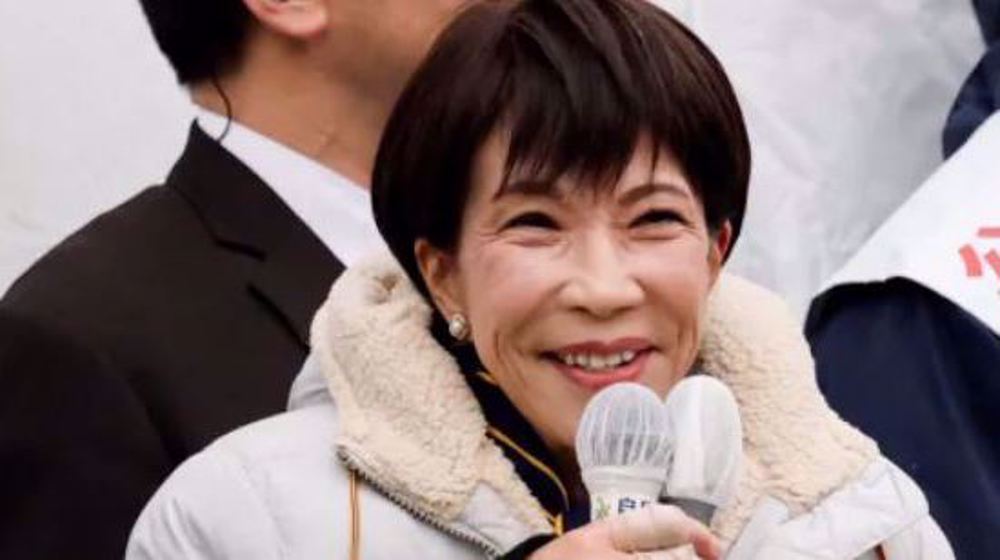



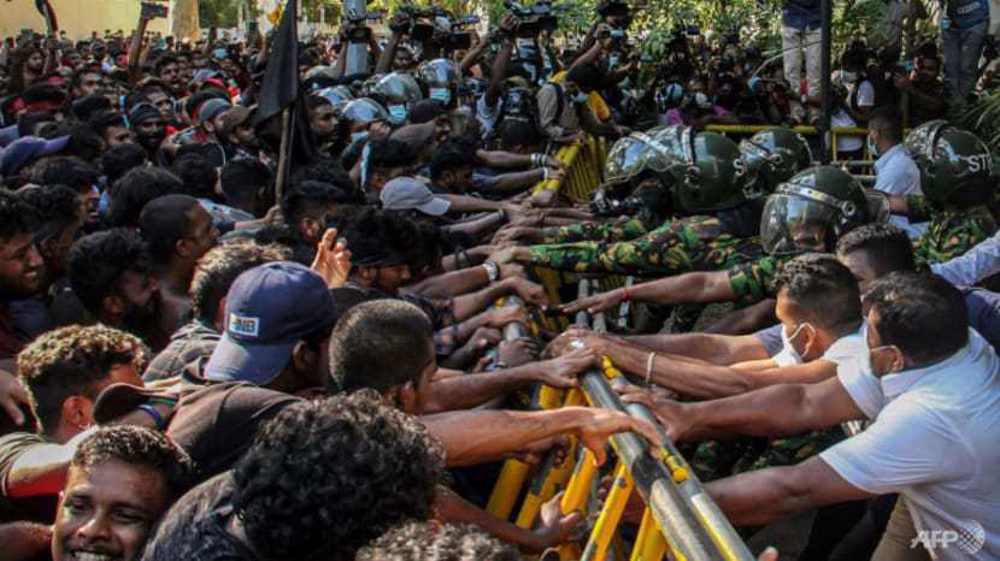
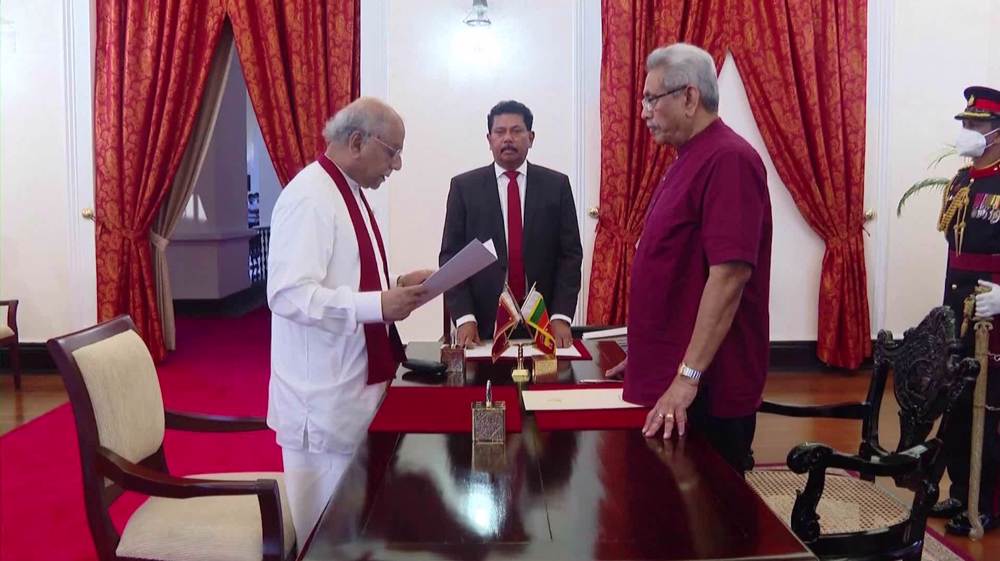
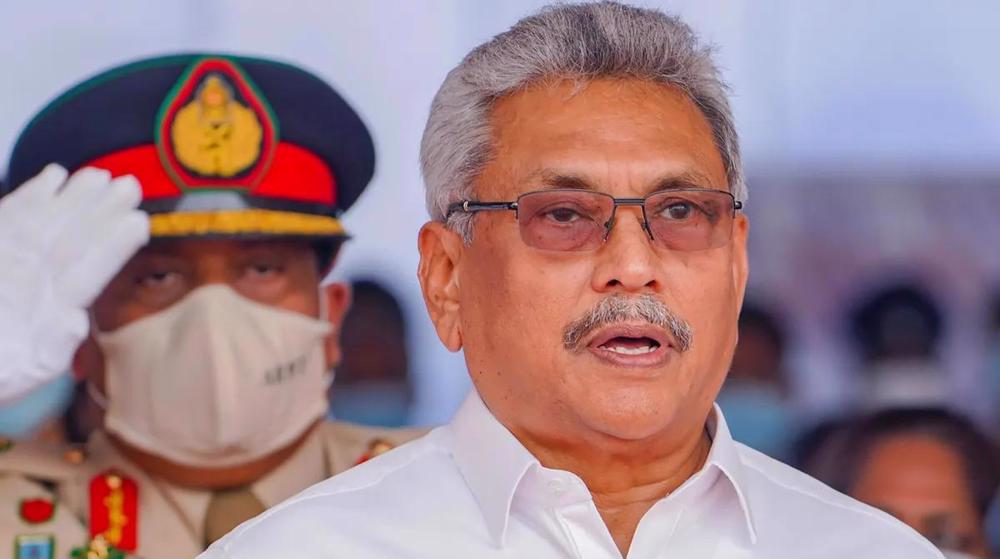

 This makes it easy to access the Press TV website
This makes it easy to access the Press TV website